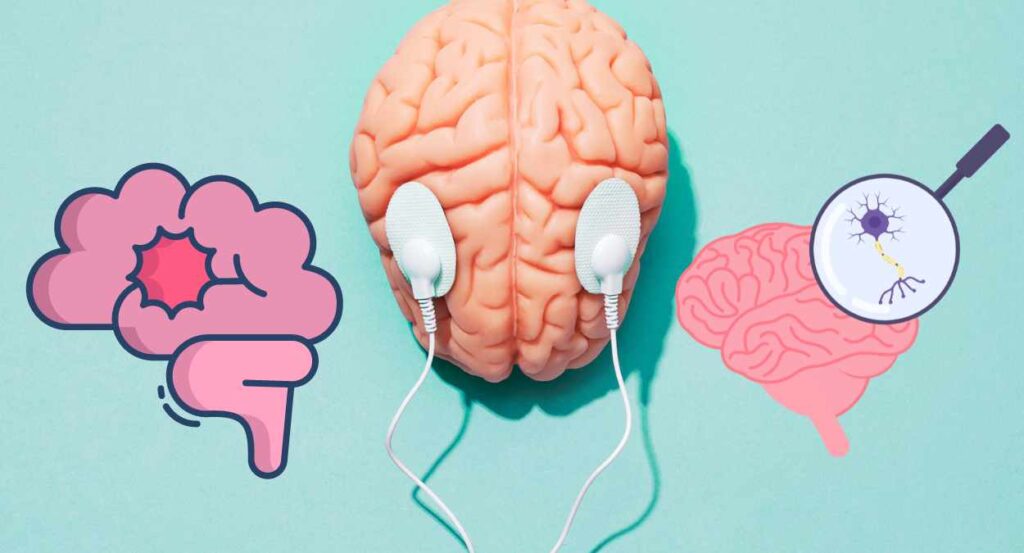
Shocking Surge of Brain Disorders: A Global Crisis Unfolding
Neurological disorders like stroke, dementia, Alzheimer’s, migraine, and Parkinson’s disease are escalating at an unprecedented rate worldwide. Recent studies reveal a staggering 18% increase in disability, illness, and premature death caused by neurological conditions over the last three decades. This alarming surge has propelled these ailments to become the leading cause of global disease burden, surpassing even cardiovascular diseases.
The Sobering Statistics
According to the Global Burden of Disease, Injuries, and Risk Factor Study (GBD) 2021, a staggering 3.4 billion people, equivalent to 43.1% of the global population, are affected by a neurological condition. The top 10 neurological disorders contributing to this burden include:
- Stroke
- Neonatal encephalopathy
- Migraine
- Alzheimer’s disease and dementia
- Diabetic neuropathy
- Meningitis
- Epilepsy
- Neurological complications from preterm birth
- Autism spectrum disorder
- Nervous system cancers
Disability-Adjusted Life Years (DALYs), a measure that accounts for both non-fatal and fatal health impacts, reveal the widespread devastation caused by these conditions. Stroke alone has resulted in a staggering 160 million years of healthy living lost globally.
Also Read : Understanding Blood Tests: What They Can Reveal About Your Health 2024
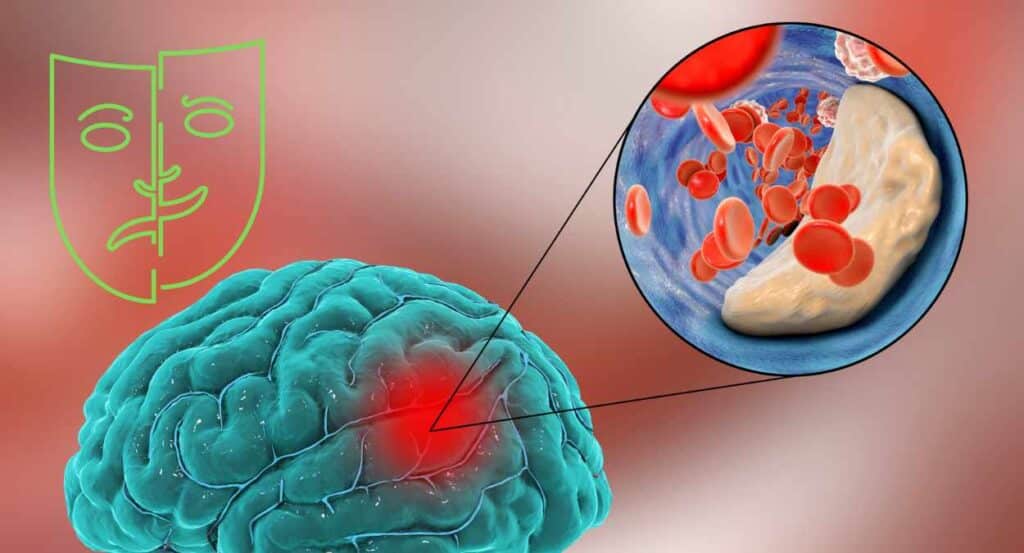
India’s Grim Reality
The situation in India is particularly grim, with a rate of more than 5,000 DALYs and 113 deaths per 100,000 people in 2021 due to neurological disorders. The country is facing a tipping point, with diabetic neuropathy more than tripling globally since 1990, in line with the rise in diabetes prevalence.
Prof. K. Srinath Reddy, a distinguished professor at the Public Health Foundation of India, emphasizes the need for early detection and prompt treatment of conditions like diabetes to prevent irreversible nerve damage. Additionally, he highlights the urgency of controlling risk factors such as hypertension, air pollution, smoking, and stress to mitigate the alarming rise in strokes.
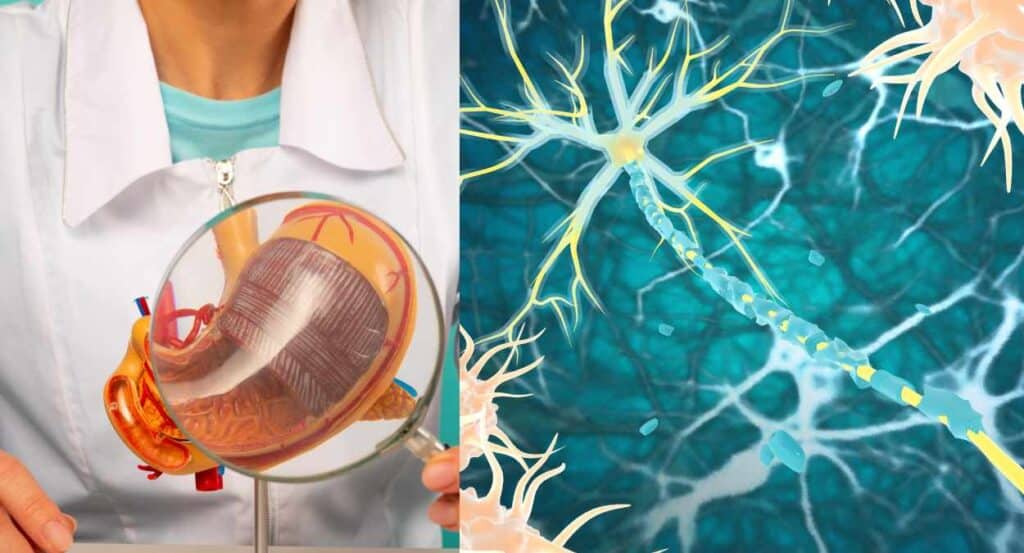
The Link Between Gut Health and Neurological Disorders
Emerging research is shedding light on the intricate connection between gut health and neurological conditions like Parkinson’s disease. The Braak hypothesis suggests that in some cases, an unknown pathogen may reach the brain via the gut, traveling through the vagus nerve, triggering the onset of neurodegenerative diseases.
Dr. Ayse Demirkan, a senior lecturer at the University of Surrey, and her team discovered that individuals with Parkinson’s disease exhibit distinct gut microbiome dysbiosis, with around 30% of their gut bacteria differing from those without the condition. Their study revealed an increased presence of pathogenic bacteria like Escherichia coli, Klebsiella pneumoniae, and Bifidobacterium dentium, along with reduced levels of beneficial short-chain fatty acid producers.
This gut-brain connection has implications for potential therapeutic interventions, as modulating the gut microbiome through dietary changes or probiotics could potentially alleviate neurological symptoms or slow disease progression.
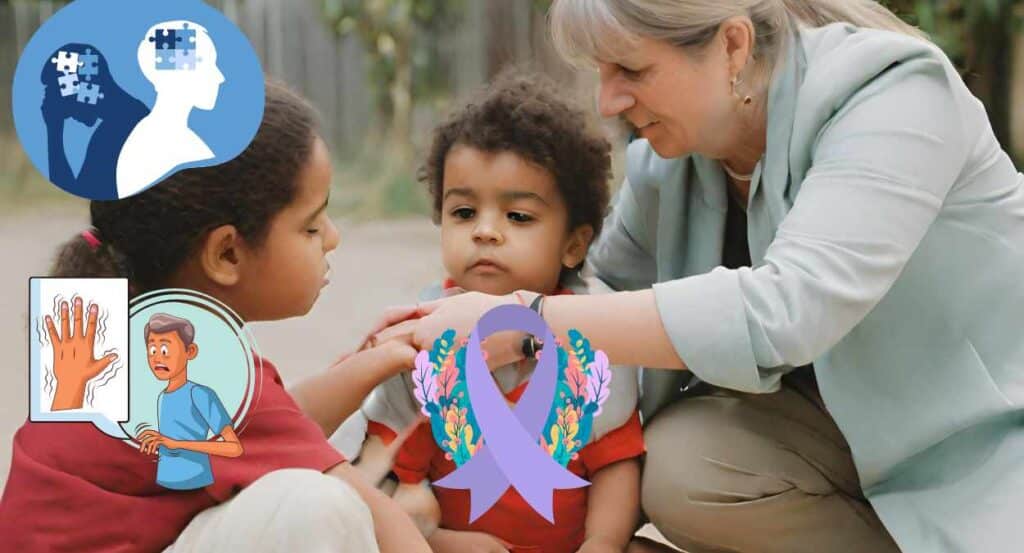
The Power of Exercise and Music in Managing Neurological Disorders
While the causes and mechanisms of neurological disorders remain elusive, research highlights promising non-pharmacological approaches to manage symptoms and improve quality of life.
Exercise: A Potent Ally
Regular exercise has emerged as a powerful tool in combating the progression of neurological disorders like Parkinson’s disease. A study published in Neurology in 2022 suggested that moderate-to-vigorous exercise could slow disease progression in the early stages. Another study in 2017 recommended at least 2.5 hours of exercise per week to improve mobility and decelerate the condition’s advancement.
Gary Shaughnessy, the chair of trustees at Parkinson’s UK, attests to the transformative power of exercise in managing his Parkinson’s symptoms. He shared, “While I’m exercising, I don’t feel like I have Parkinson’s, quite often. It’s become a big way of helping me to manage and control the condition.”
The Healing Melodies of Music
Music has long been recognized for its therapeutic properties, and its potential in dementia care is gaining increasing attention. A study from 2023 suggested that practicing and actively listening to music may help slow cognitive decline in individuals aged 62-78 years.
Dr. Kelly Jakubowski, a music psychologist at Durham University, highlights the ability of music to evoke positive autobiographical memories, enhancing a sense of identity and personhood for those with dementia. “Seeing that glimpse of the person you used to know is really, really important for family members and carers,” she explains.
Beatie Wolfe, a singer-songwriter and ambassador for Music for Dementia, witnessed the profound impact of music firsthand during her research project in UK care homes. She observed residents tapping their feet, clapping, and singing along to her original songs, underscoring the universal language of music.
Also Read :The Unexpected Fat Burning Power Of Ghee, How To Take Ghee For Weight Loss?

Prevention and Early Intervention: The Way Forward
While the rise of neurological disorders is concerning, researchers and healthcare professionals are emphasizing the importance of preventive measures and early intervention strategies.
Modifiable Risk Factors:
- Controlling high blood pressure
- Managing diabetes
- Reducing lead exposure
- Lowering plasma glucose levels
By addressing these modifiable risk factors, individuals can potentially lower their risk of developing certain neurological conditions or mitigate their progression.
Early Diagnosis and Treatment: Advancements in diagnostic tools and techniques are enabling earlier detection of neurological disorders, allowing for timely intervention and management. Dr. Shivraj Hunge, a consultant neurologist at Jupiter Hospital, Pune, emphasizes the need for specialized dementia and stroke centers with comprehensive healthcare services.
Public Health Initiatives: Public health campaigns focused on raising awareness, promoting healthy lifestyles, and improving access to healthcare services are crucial in combating the rising burden of neurological disorders globally. The World Health Organization (WHO) has made neurological disorders a priority, recognizing the need for improved healthcare access and management strategies.
Also Read :Does Alternating Arms For Vaccines Improve Immune Response?
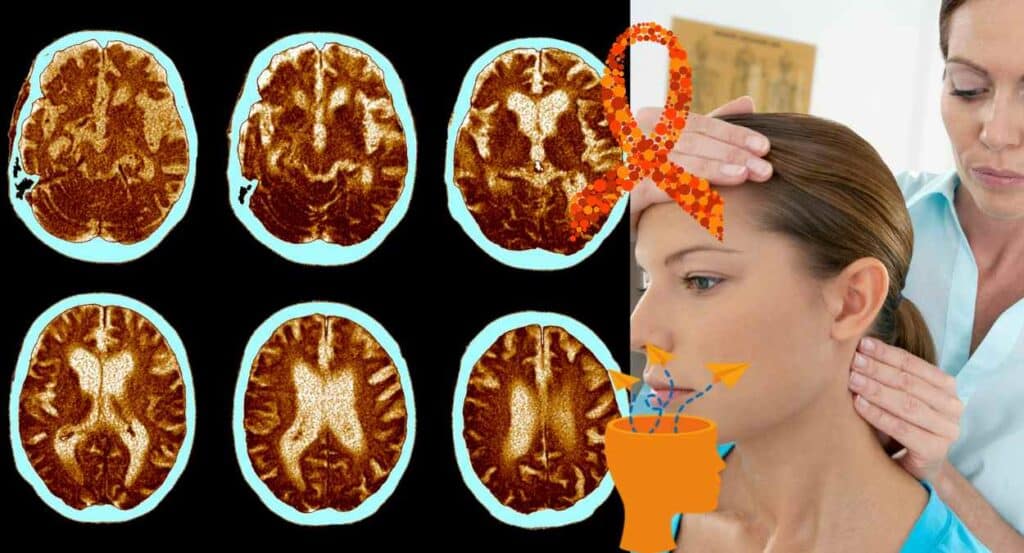
Frequently Asked Questions (FAQs)
Q. What are the most common neurological disorders contributing to the global disease burden?
A. The top neurological disorders contributing to the global disease burden include stroke, neonatal encephalopathy, migraine, Alzheimer’s disease and dementia, diabetic neuropathy, meningitis, epilepsy, neurological complications from preterm birth, autism spectrum disorder, and nervous system cancers.
Q. How does gut health relate to neurological disorders like Parkinson’s disease?
A. Emerging research suggests a link between gut health and neurological disorders like Parkinson’s disease. The Braak hypothesis proposes that an unknown pathogen may reach the brain via the gut, traveling through the vagus nerve, potentially triggering the onset of neurodegenerative diseases. Studies have found distinct gut microbiome dysbiosis in individuals with Parkinson’s disease, with an increased presence of pathogenic bacteria and reduced levels of beneficial bacteria.
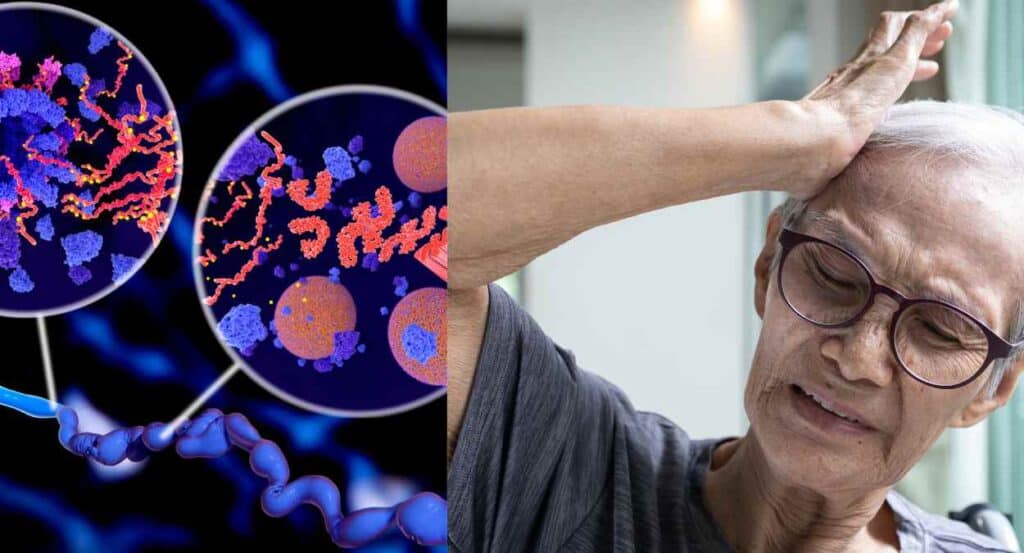
Q. Can exercise help manage the symptoms of neurological disorders?
A. Yes, regular exercise has been shown to be a potent ally in managing the symptoms and slowing the progression of neurological disorders like Parkinson’s disease. Studies suggest that moderate-to-vigorous exercise can improve mobility, decelerate disease advancement, and provide a sense of well-being for individuals living with these conditions.
Q. How can music therapy benefit individuals with dementia?
A. Music therapy has demonstrated promising benefits for individuals with dementia. It can evoke positive autobiographical memories, enhancing a sense of identity and personhood. Music has also been observed to improve mood, reduce agitation, and promote engagement and social connection for those living with dementia.
Q. What are some modifiable risk factors for neurological disorders?
A. Modifiable risk factors for neurological disorders include controlling high blood pressure, managing diabetes, reducing lead exposure, and lowering plasma glucose levels. Addressing these factors through lifestyle changes and appropriate medical interventions can potentially lower an individual’s risk of developing certain neurological conditions or mitigate their progression.
Q. Why is early diagnosis and intervention crucial for neurological disorders?
A. Early diagnosis and intervention are crucial for neurological disorders because they allow for timely management and treatment, potentially slowing disease progression and improving quality of life. Advancements in diagnostic tools and techniques have enabled earlier detection of these conditions, emphasizing the importance of regular check-ups and screening.
Q. What role can public health initiatives play in combating the rise of neurological disorders?
A. Public health initiatives play a vital role in combating the rising burden of neurological disorders globally. These initiatives can focus on raising awareness about risk factors, promoting healthy lifestyles, improving access to healthcare services, and providing support and resources for individuals living with these conditions and their caregivers.
Also Read : Cervical Cancer in India: A Comprehensive Guide on Risk Factors, Symptoms, Prevention and Treatment
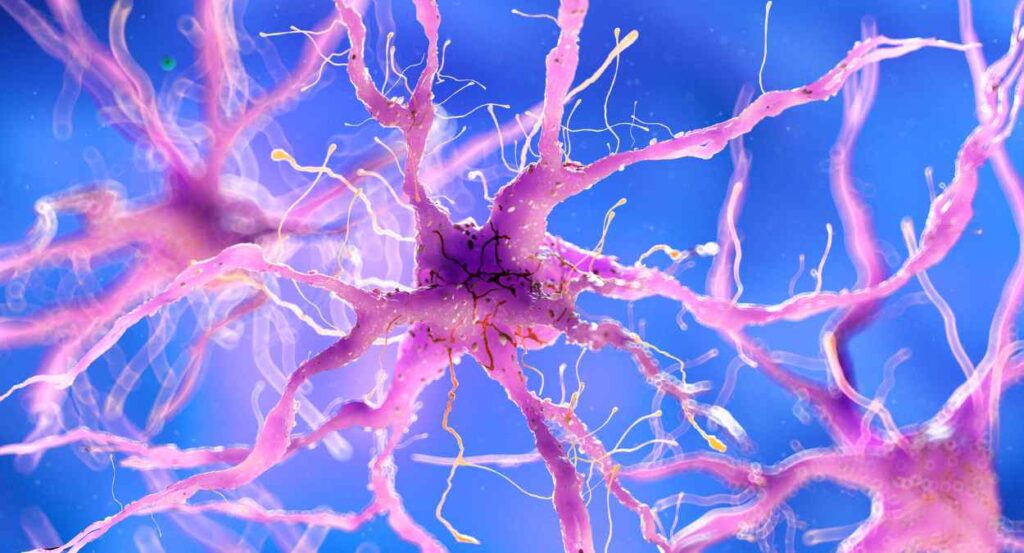
Conclusion
The alarming rise of neurological disorders like stroke, dementia, Alzheimer’s, migraine, and Parkinson’s disease poses a significant global health challenge. With an estimated 3.4 billion people affected worldwide, these conditions have surpassed cardiovascular diseases as the leading cause of disease burden. However, advancements in research, early intervention strategies, and non-pharmacological approaches like exercise and music therapy offer hope for managing symptoms and improving quality of life for those affected. Addressing modifiable risk factors, promoting preventive measures, and fostering public health initiatives are critical steps in combating this escalating crisis and ensuring a healthier future for generations to come.
Also Read : 90-30-50 Diet Plan: A Balanced Nutrition Plan For Your Optimum Health
Disclaimer:
The information provided in this blog post by Wini Media is for informational purposes only and should not be considered as a substitute for professional medical advice, diagnosis, or treatment.






























